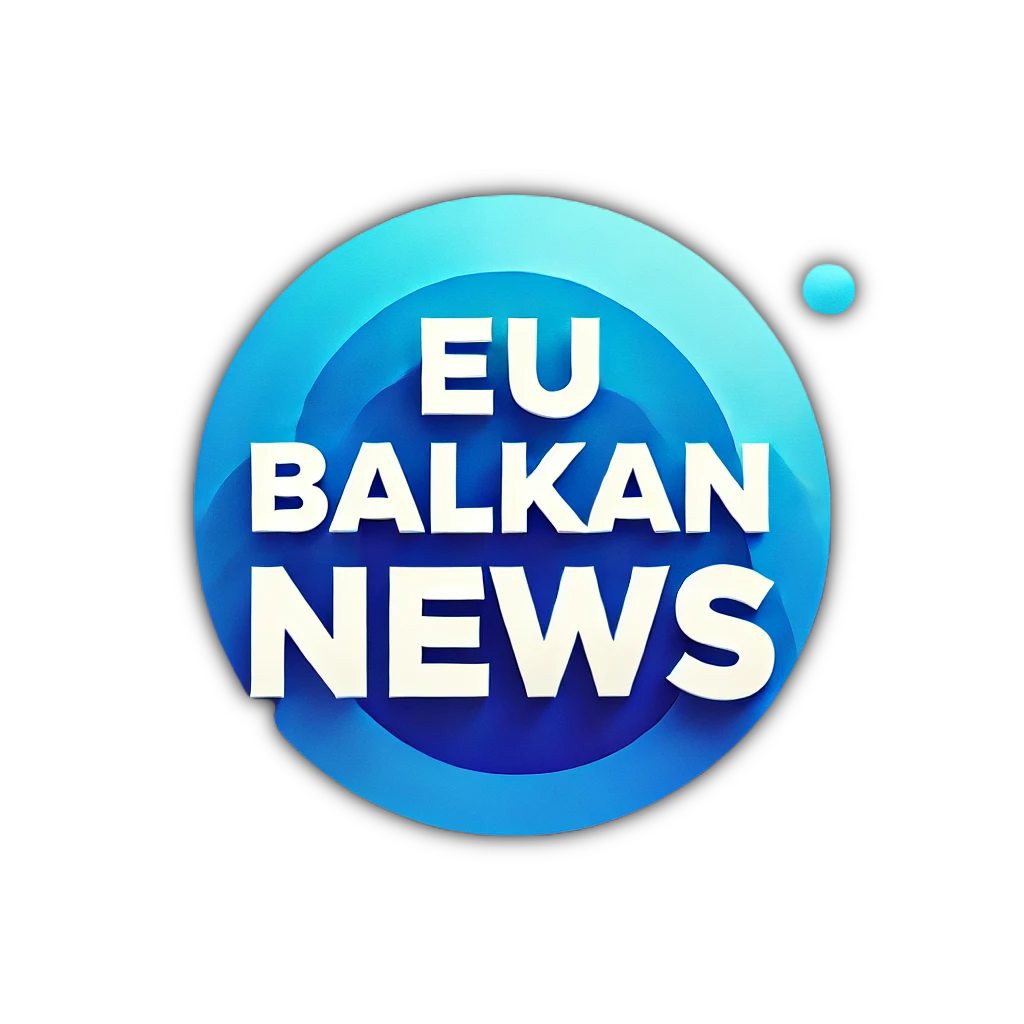The recent strengthening of ties between Turkey and North Korea marks a significant shift in Turkey’s foreign policy, as an ally of President Recep Tayyip Erdogan, the Vatan Party, forges closer connections with the North Korean regime. This development raises concerns about Turkey’s drift from Western alliances.
Key Takeaways
- The Vatan Party, allied with Erdogan, has established strong ties with North Korea’s ruling Workers’ Party.
- A congratulatory letter from North Korea’s leadership highlights the growing relationship.
- The Vatan Party’s ideological roots in Maoism and Stalinism align with anti-Western sentiments.
- The collaboration may signal Turkey’s increasing isolation from NATO and Western powers.
Background of the Vatan Party
The Vatan Party, also known as the Patriotic Party, has its ideological roots in Maoism and Stalinism. Founded in 2015, it rebranded from its previous name, the Workers’ Party. The party has been a staunch ally of Erdogan’s government since 2014, promoting a nationalist agenda that often opposes Western influence.
North Korea’s Congratulatory Letter
On September 21, 2024, the Workers’ Party of Korea sent a letter to the Vatan Party, congratulating them on their 105th founding anniversary. The letter, signed by Choe Yun Chon, deputy chief of mission at the North Korean Embassy in Bulgaria, expressed appreciation for the Vatan Party’s stance against imperialism and called for active cooperation between the two parties.
Vatan Party’s Response
The Vatan Party welcomed the letter, with Secretary General Özgür Bursalı expressing gratitude to North Korean leader Kim Jong Un. Bursalı emphasized the shared struggle against U.S. imperialism and hinted at plans for establishing a North Korean embassy in Turkey, further solidifying their alliance.
Historical Context of Ties with North Korea
Doğu Perinçek, the controversial leader of the Vatan Party, has a long history of engagement with North Korea. He was the only Turkish politician to visit North Korea in 1993, where he pledged allegiance to Kim Il Sung. Perinçek has since worked to foster diplomatic relations between the two nations, claiming to fulfill Kim Il Sung’s wishes for closer ties.
Implications for Turkey’s Foreign Policy
The growing relationship with North Korea raises alarms about Turkey’s foreign policy direction. Under Erdogan and Perinçek’s influence, Turkey has increasingly distanced itself from NATO and Western alliances. The Vatan Party has collaborated with pro-Iranian networks to revoke U.S. military base access rights and has advocated for closer ties with Russia and China.
Conclusion
As Turkey’s political landscape shifts, the strengthening of ties with North Korea under Erdogan’s ally signals a potential realignment away from Western influence. This development not only affects Turkey’s international relations but also raises questions about the future of NATO and the West’s strategic interests in the region.
